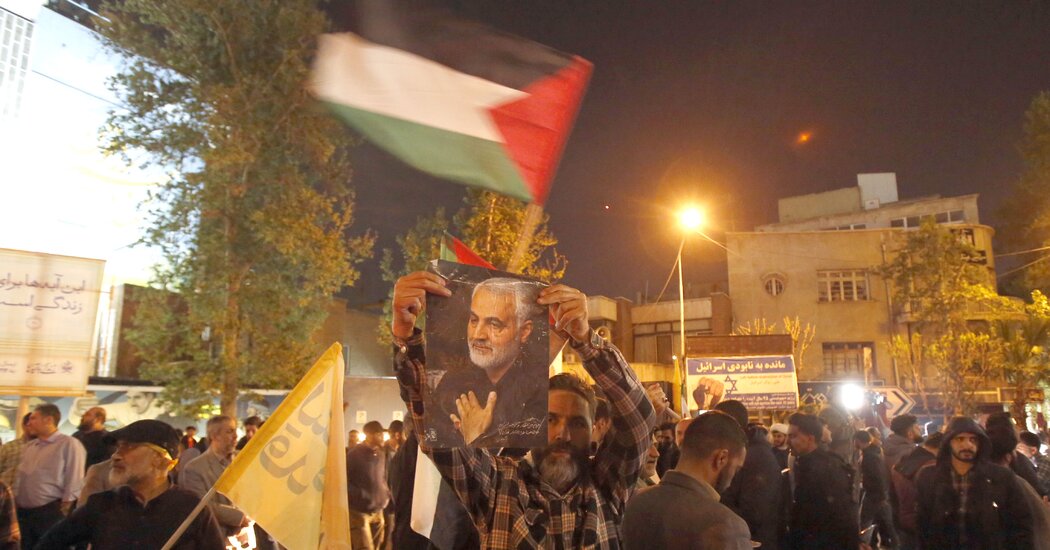Even before Sunday's announcement of the crash of a helicopter believed to be carrying the Iranian president, relations between Tehran and the United States had come dangerously close to open conflict. What happens in the coming days — whether President Ebrahim Raisi and other leaders survive, and what Iran claims was the cause of the crash — could determine whether the two countries are able to find a way out of several simultaneous crises .
In the long term, the fight that matters most is the one centered on Iran's nuclear program. The program had been largely contained after the Obama administration negotiated a nuclear deal with Iran in 2015. But President Donald J. Trump denounced and abandoned the deal six years ago, and eventually the Iran has resumed production of nuclear fuel, enriched to a level just below that of Iran. what it would take to produce several bombs.
Exactly what role Raisi played in critical decision-making in Tehran about Iran's nuclear strategy has always been a matter of controversy; the program is under the control of Iran's Islamic Revolutionary Guard Corps, a power center in its own right. But American officials say that after nearly reaching a deal with Iran through European intermediaries two years ago, efforts to negotiate have all but failed.
Just last week, Iranian Foreign Minister Hossein Amir Abdollahian, who is also believed to be on the helicopter, met with the head of the International Atomic Energy Agency, Rafael Grossi, who called for better access to the vast facilities Iran's nuclear weapons.
The nuclear program, and the question of whether Iran will seek a weapon or use its status as a leading power to produce one quickly, looms over other, more regional confrontations. When Iran launched 300 missiles and drones at Israel last month, the United States coordinated with Israeli and other regional forces to shoot them down. But the entire debate, which calmed down after a relatively modest Israeli response, was a reminder that the country has significantly expanded its missile program, and its range, under Raisi – and is turning to techniques intended to overwhelm Israeli defenses, probably a lesson. of the war in Ukraine.
Meanwhile, Iran is arming the Houthis – Shiite militants who have taken control of most of northern Yemen and attacked shipping in the Red Sea – and providing them with intelligence from at least one Iranian vessel. It is supplying weapons and technology to Hamas and Hezbollah, efforts that have also expanded under Raisi's government. And U.S. officials recently warned that as the presidential election approaches, they expect an increase in Iranian hacking attempts.
“Iran is becoming increasingly aggressive in its efforts,” Avril D. Haines, director of national intelligence, told the Senate Intelligence Committee last week. She seeks to “fuel discord and undermine confidence in our democratic institutions, as we have seen done in previous election cycles.”





